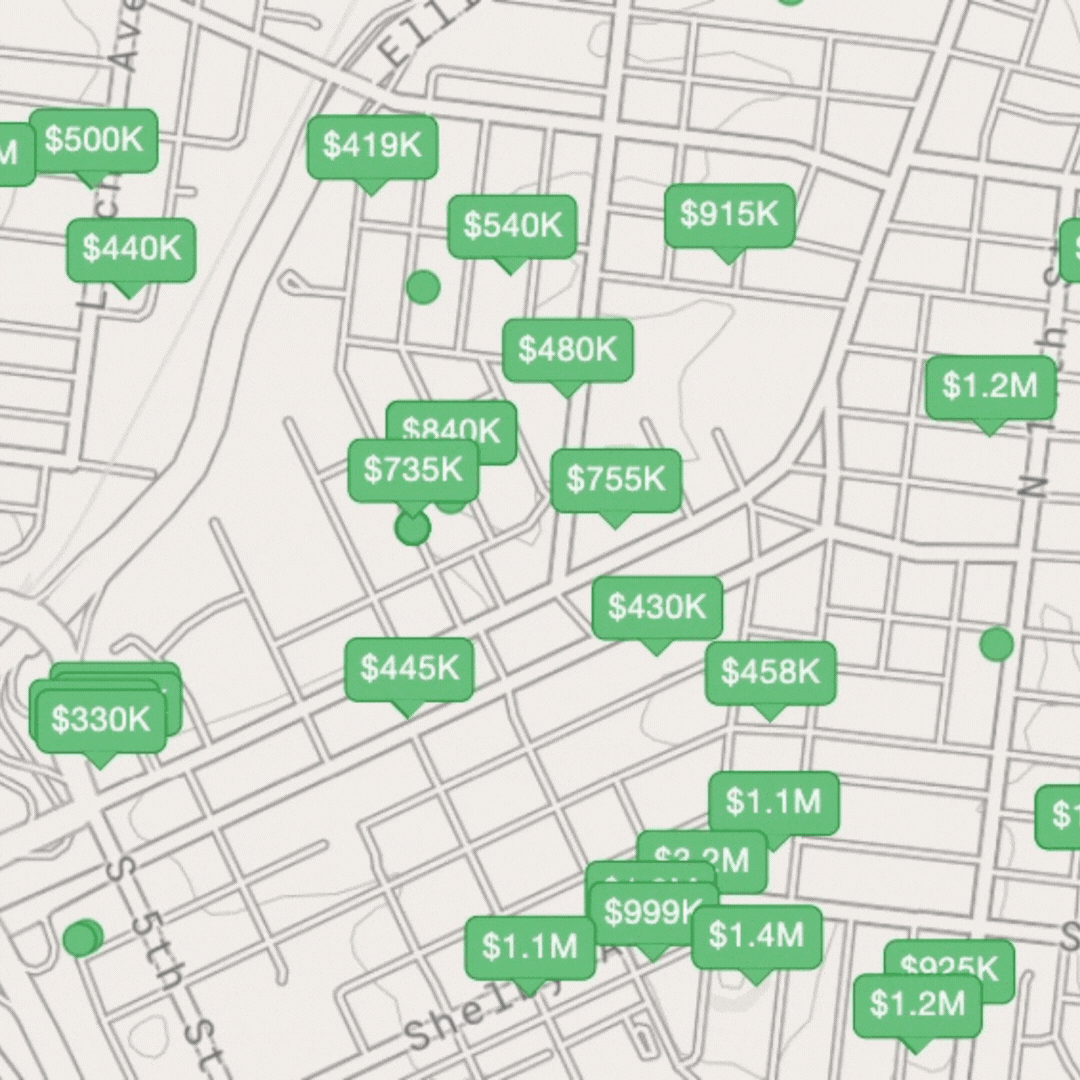According to new calculations, the flood risk in the United States is far greater than current government estimates show. A recent study, according to Reuters, shows that
U.S. flood insurance rates to rise for 77% of policyholders
This could mean millions of homeowners are exposed to the threat of flooding which will only grow worse over time with climate change.
The new calculations take into account sea-level rise, rainfall, and flooding along smaller creeks not mapped federally. Estimates suggest that 14.6 million properties are at risk from 100-year floods, almost twice as many as FEMA flood maps now show. A 100-year flood is defined as a 1% chance to happen any given year. If the new estimates are accurate, it would mean homeowners, builders and lenders have been making decisions based on faulty information.
Along with the risks of bad information, FEMA maps aren’t designed to consider flooding caused by intense rainfall, such as the flash floods we experience here in Nashville. I personally lost a recording studio to flash flooding three years ago, and I’m sure you know several people who have been affected similarly. These risks will also continue to rise.
When FEMA does issue updated maps, politicians and homeowners sometimes oppose them, hoping to avoid escalating insurance costs. Fighting the new maps can provide temporary financial relief, but it leaves us vulnerable to future flooding due to outdated information.
Inland cities are facing risks that may not be obvious to viewers of FEMA flood zone maps. For instance, Chicago shows .03% of properties inside the 100-year flood zone, but new information suggests that number should be closer to 13%.
In more than two-thirds of states, new studies show areas with more minority residents had a greater share of unmapped flood risk than average. City investment in flood protection seems to be disproportionately allocated to higher-income areas.
Appalachian areas appear to face far greater risks than FEMA maps show. In Chattanooga and Charleston, W.Va., FEMA shows less than 10 percent of properties in the floodplain, while the new study shows 33 percent or more. Coastal areas have numbers that are even worse, where FEMA can show 41 percent of properties in the flood zone, as they do in Ft. Lauderdale, FL. According to the new study, the total is closer to 66 percent.
Of particular interest to buyers of coastal and waterfront properties, government subsidies for flood insurance are beginning to disappear. In an effort to adapt to climate change, Americans will be asked to pay closer to the real cost of their flood risk. New rates will take into account the size of a home, so large houses by the ocean could see an especially big rate hike.
One real estate agent living in Tampa pays $480 a year for flood insurance. Under the new system, her rates will eventually reach $7,147 per year. Rates could begin escalating as much as 18% a year, each year, for the next 20 years according to the New York Times.
When you’re ready to buy, let’s look at the current FEMA maps and talk about how future flooding could affect property values and insurance costs in the areas you’re interested in. You can reach me to discuss this at 615-482-5244.

James Crawford
Realtor®

